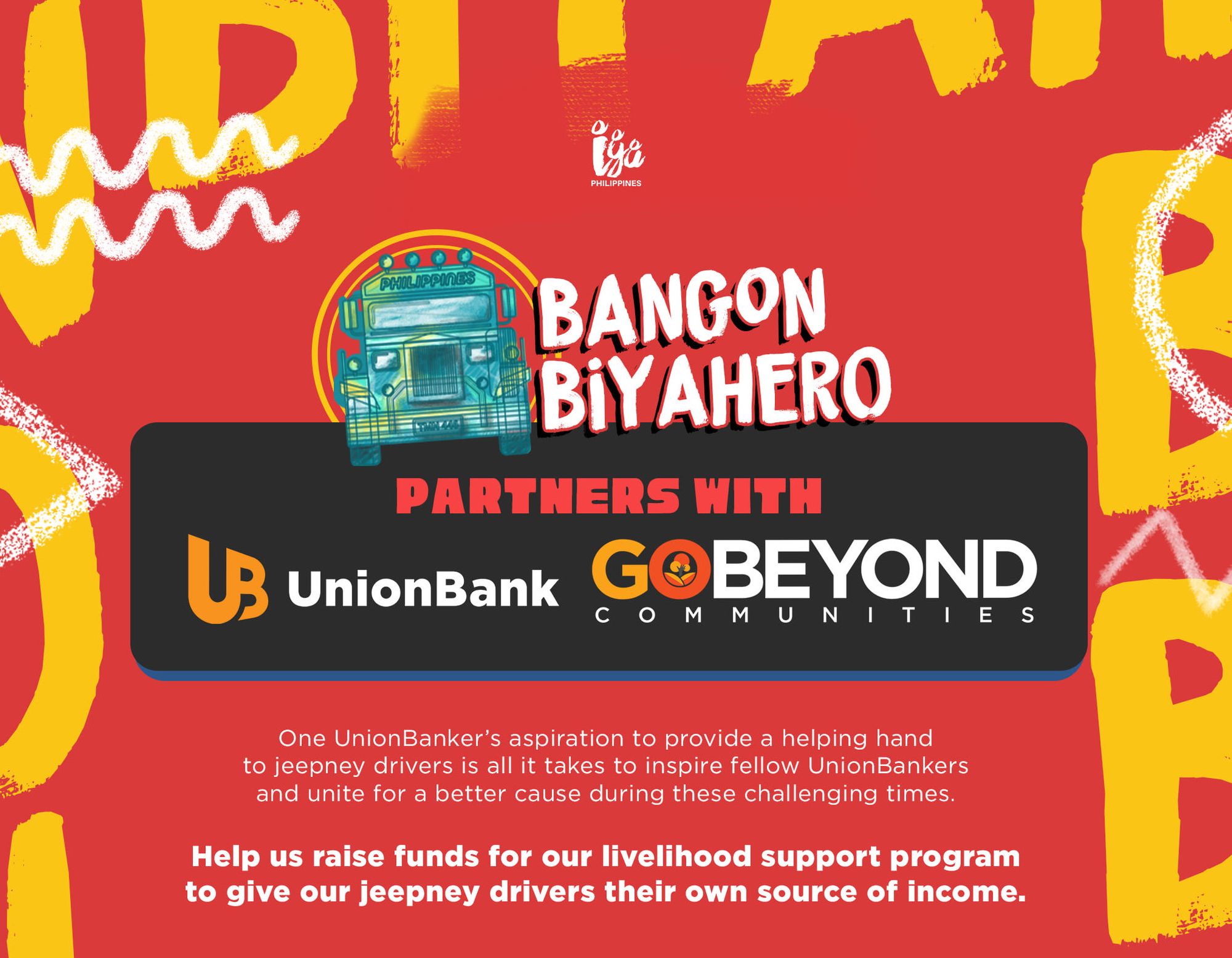For 20 years, driving a jeepney has been Allan Estubo’s sole source of income and the best way he knew how to provide for his wife and three kids. When COVID-19 brought much of the economy to a halt, the 40-year-old was forced off the road and had to turn selling fruits and plants to make a living. His fellow jeepney drivers who are still unable to find other means resorted to begging on the streets of Metro Manila.
“Hindi tayo handa at hindi natin akalain na ganito katagal kaya medyo hirap talaga. Kasi sanay naman kaming bumiyahe na alternate at kinabukasan makakapagpadala na sa pamilya ko sa Laguna,” Allan related. “Ngayon po, kung sideline lang, hindi maaasahan.”
(“We weren’t prepared and we didn’t expect it to be this long so it’s a bit difficult. Because I was used to driving jeepneys in alternating shifts and be able to send [earnings] to my family in Laguna the next day,” said Estubo. “You can’t expect to do that these days with just sideline work.”)
With thousands of jeepney drivers struggling with the financial impact of the global pandemic, UnionBank’s Go Beyond Communities (GBC) partnered with International Youth United (IYU) – Philippines for Bangon BiyaHERO, a project that grants sari-sari store packages to jeepney drivers, creating a new livelihood source for them and their families.
“I’ve been thinking about raising funds for our jeepney drivers for a while especially after seeing how they are struggling to the point that they go out to ask for alms,” said Genielyn Soriano, Senior Officer for Strategic Communications of IYU and who started the Bangon BiyaHERO fundraising.
Supported by Dave Devilles, UnionBank’s Vice President of Sustainability, CSR, and Employee Relations, Bangon BiyaHERO was pitched through the Employer Branding and Communications (EBC) unit and eventually included under GBC.
GBC is an employee-driven corporate social responsibility program established in 2014. With over 175,000 volunteer hours clocked in, it has helped around two million individuals and families in 907 communities across the country.
“Using social media to raise funds and to connect donors with the beneficiaries, Bangon BiyaHERO is doing its part to help our Filipino brothers who have lost their livelihood because of the pandemic,” said Dave. “Even if UnionBank is at the forefront of digital innovation, there is still heart through our CSR and that heart beats in every UnionBanker.”
The screening process for Bangon BiyaHERO was all done virtually and, as expected, was not without some challenges.
“It was really hard reaching out to our beneficiaries because of the pandemic. We had to rely on texts, calls, and trust because we couldn’t see them face-to-face during our profiling,” Genielyn explained. Still she was able to learn more about each of the driver beneficiaries and took in their suggestions on which kinds of items they would sell.
Through the help of jeepney operators in Marikina and getting in touch with the most responsive and proactive jeepney drivers in Caloocan, Bangon BiyaHERO onboarded 34 beneficiaries of the sari-sari store livelihood package. More than PHP100,000 worth of goods — ordered and delivered via virtual coordination — have been distributed to beneficiaries from Marikina and Caloocan starting last September 26. The packages included noodles, canned food, eggs, rice, and frozen meats, which are essential goods that are in constant demand in neighborhoods.
The beneficiaries are regularly monitored with the help of Pilmico’s existing livelihood program. “Since the start of the quarantine and all the restrictions, we have been working hand in hand with different organizations and partners to assist especially among our fellow Filipinos badly affected by COVID-19,” said Joeben Gamatero, Pilmico Vice President for Brand and Marketing.
The Good Meat quality pork, ready-to-cook meat, and farm-fresh eggs are included in the sari-sari store package, which also gives beneficiaries the opportunity to be part of Pilmico’s reseller program.
For Genielyn, the most fulfilling part about Bangon BiyaHERO is seeing how the jeepney drivers have started to recover through the program. “We’re in the works of transitioning the program to the organization itself since this project’s team is a set of volunteers not necessarily part of IYU,” said Soriano. “This would, hopefully, provide an opportunity to expand and help more beneficiaries, even those who are not jeepney drivers.”


